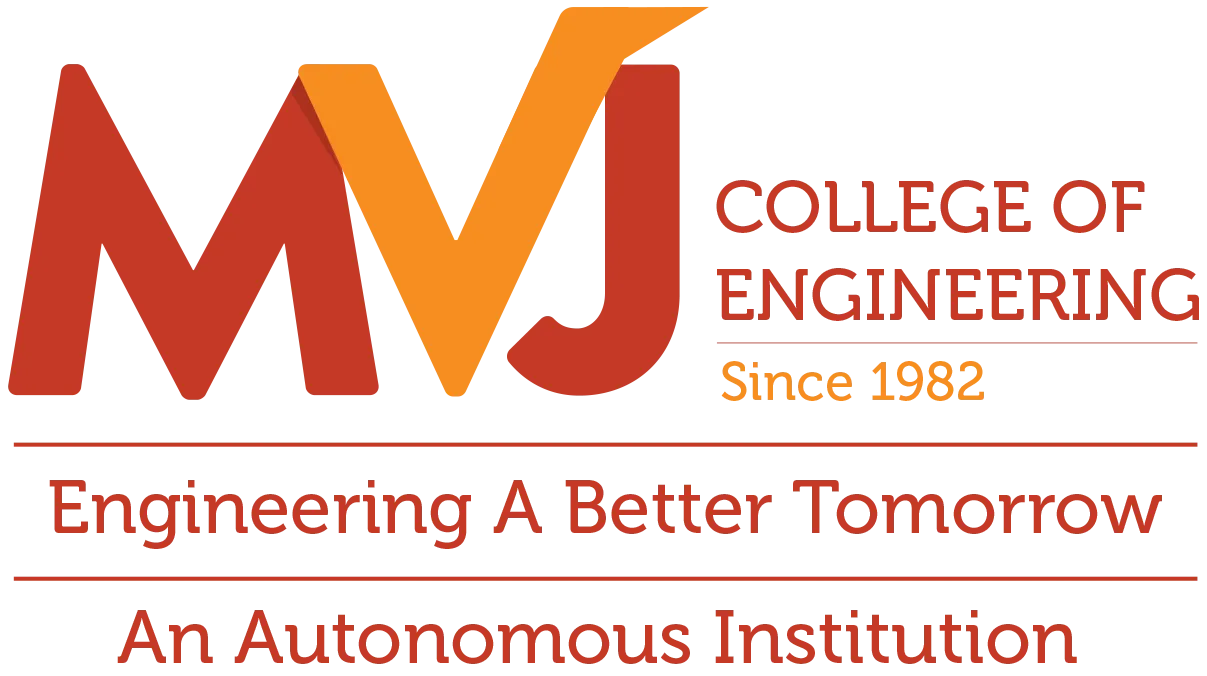Engineering education has come a long way over the years, adapting to the changing needs of society and industries. In today’s fast-paced digital era, data has emerged as the new currency, transforming the landscape of engineering education. From traditional disciplines to cutting-edge technologies, the integration of data-driven approaches has become essential for producing skilled engineers who can navigate the challenges of the modern world.
Data science engineering colleges in Bangalore, including those in the vicinity of Whitefield, are leading the way in preparing students for the data-centric future. The demand for engineers proficient in data science and computer science has skyrocketed, as industries seek professionals who can extract valuable insights from large datasets.
Incorporating data-driven concepts into the curriculum involves collaboration between academia and industry. Computer Science Engineering colleges need to stay updated with the latest trends and industry demands to ensure their graduates are job-ready. Internships, industry projects, and workshops can bridge the gap between theoretical knowledge and practical applications, fostering a deeper understanding of data-driven engineering principles.
To implement data-driven education effectively, institutions must also invest in state-of-the-art infrastructure and technologies. Advanced laboratories, cloud computing resources, and data analytics tools enable students to work on real-world projects, simulating industry scenarios. Moreover, engaging with real data fosters critical thinking and creativity, allowing students to explore uncharted territories.
In conclusion, data-driven engineering education marks a new era in preparing engineers for the challenges and opportunities of the 21st century. By equipping students with data analytics skills and a strong foundation in computer science, engineering colleges in Bangalore, including those in Whitefield, are equipping their graduates to become invaluable assets in driving progress and solving real-world problems across industries.

